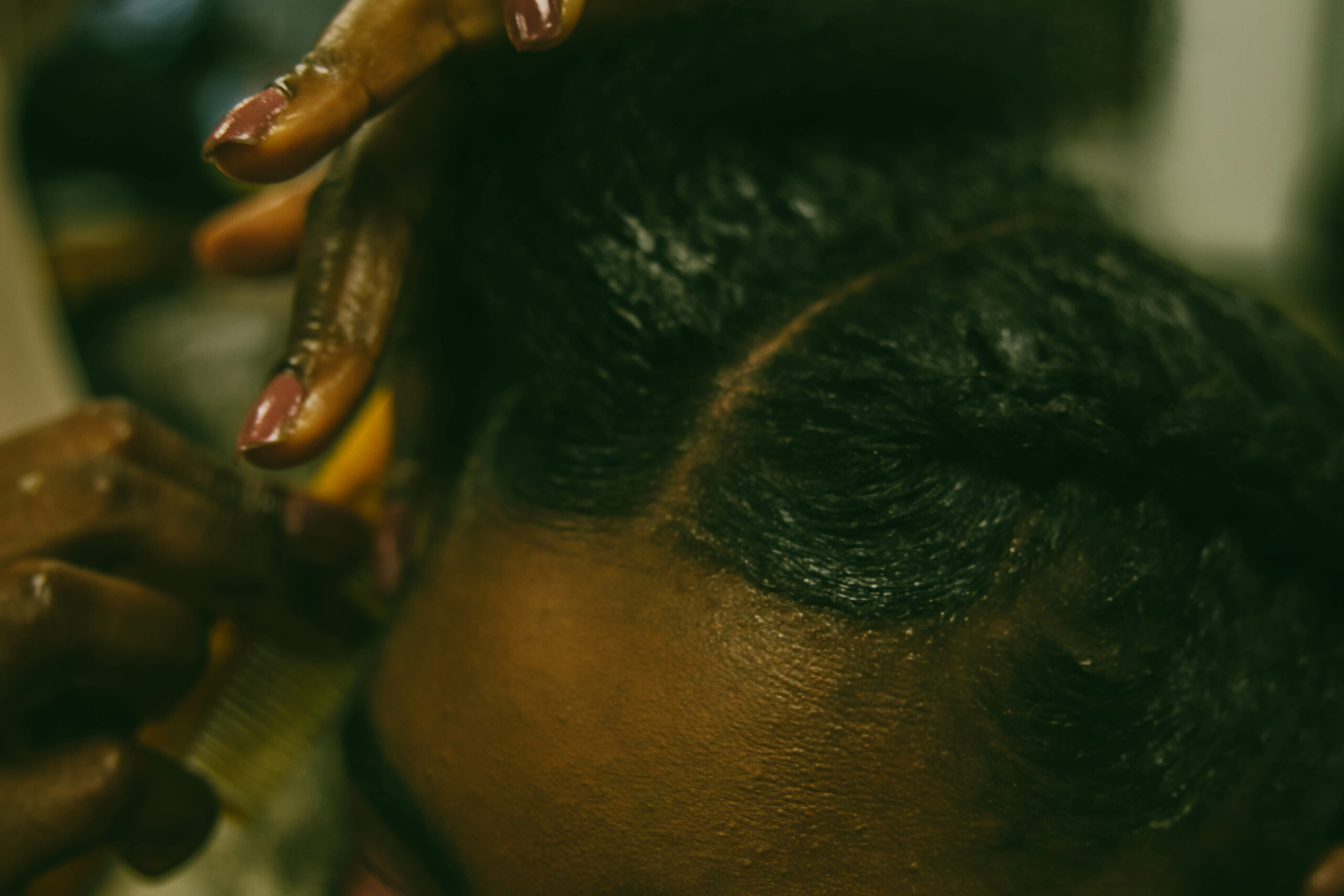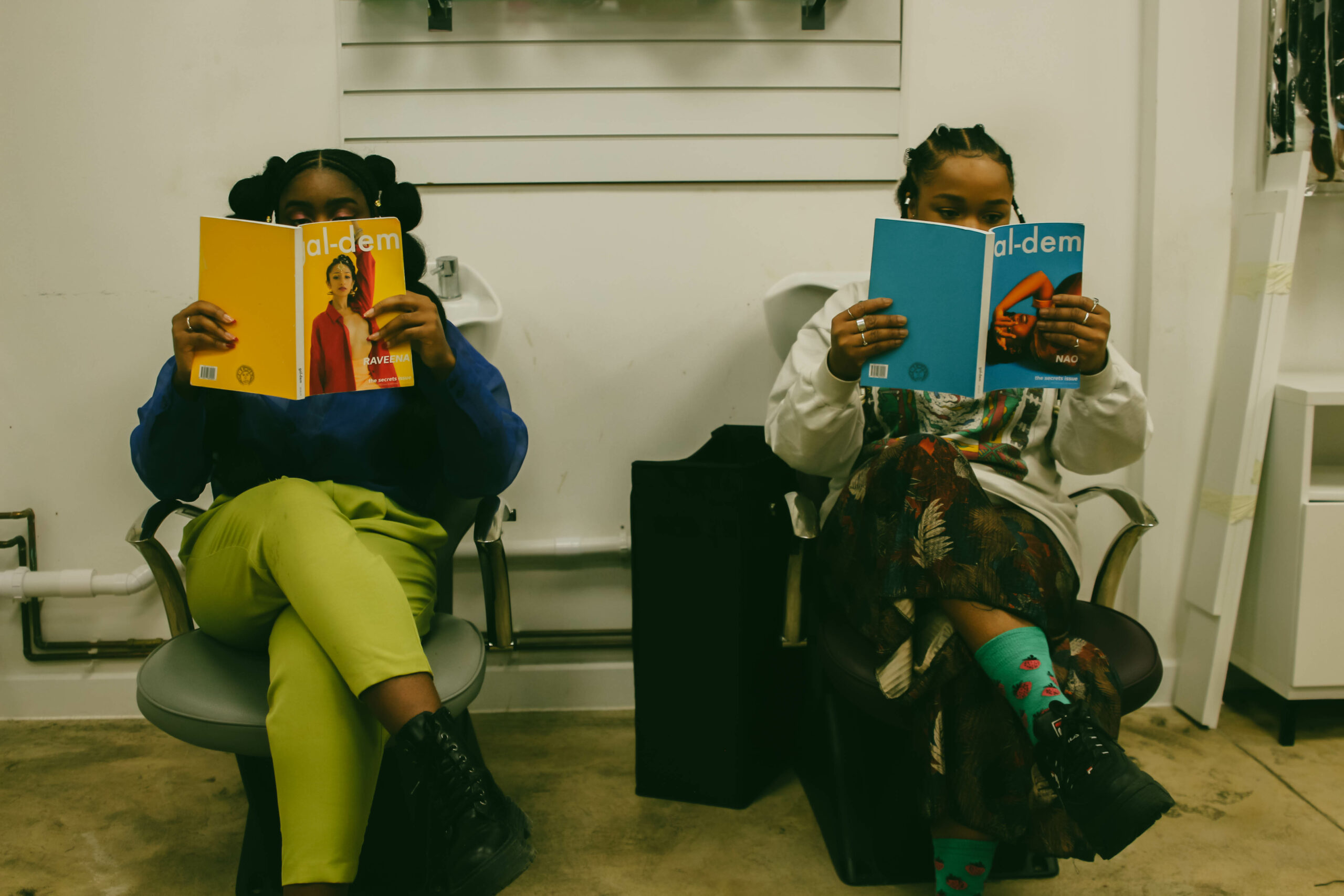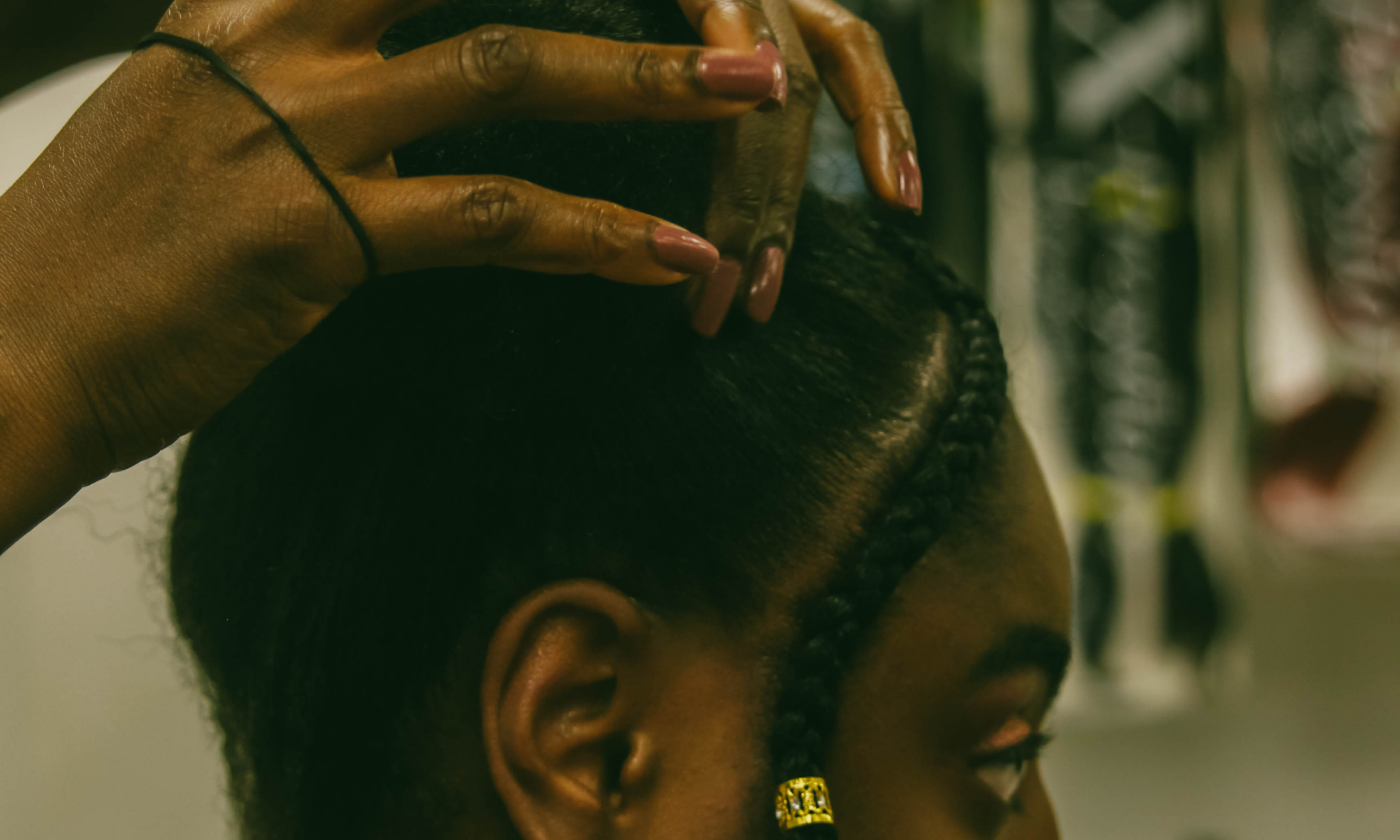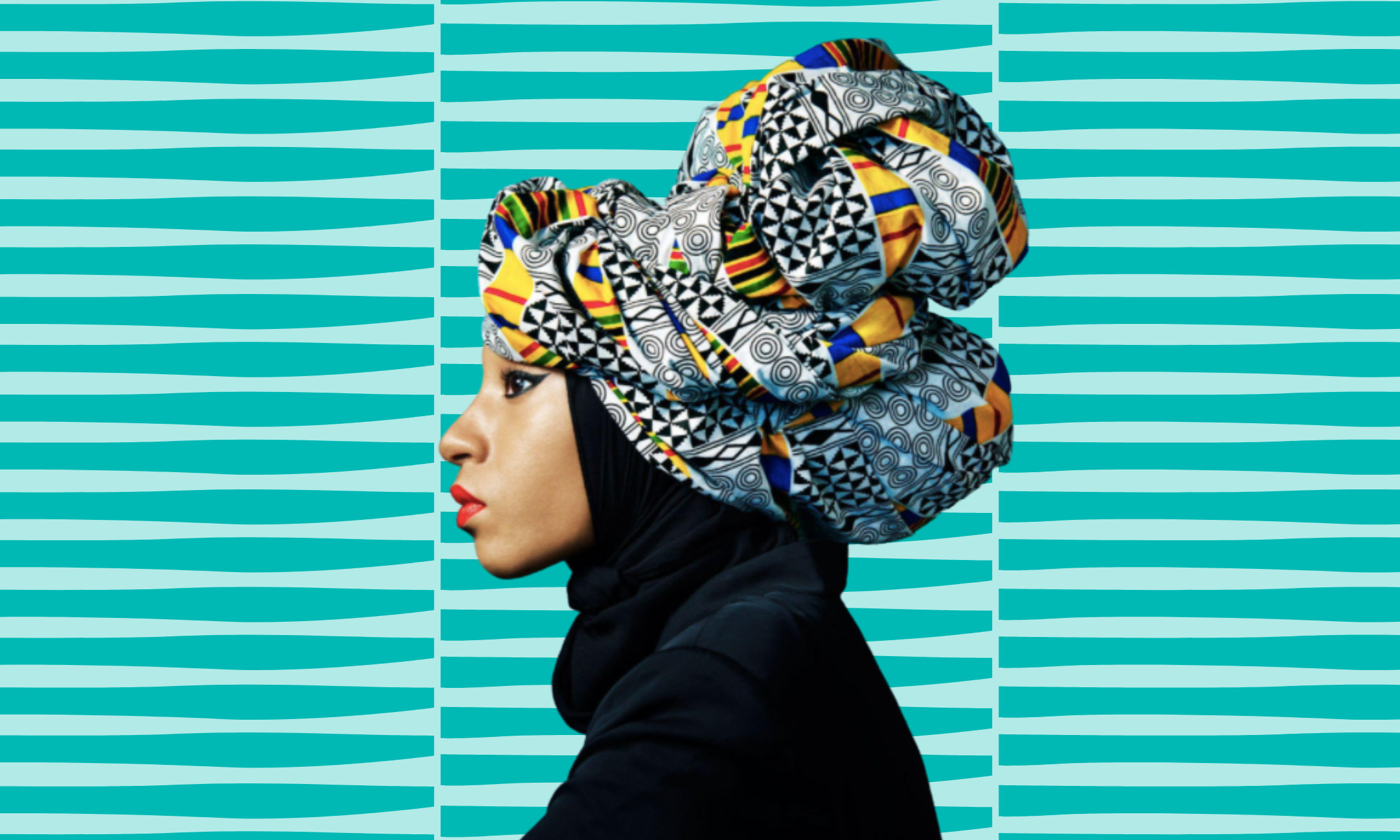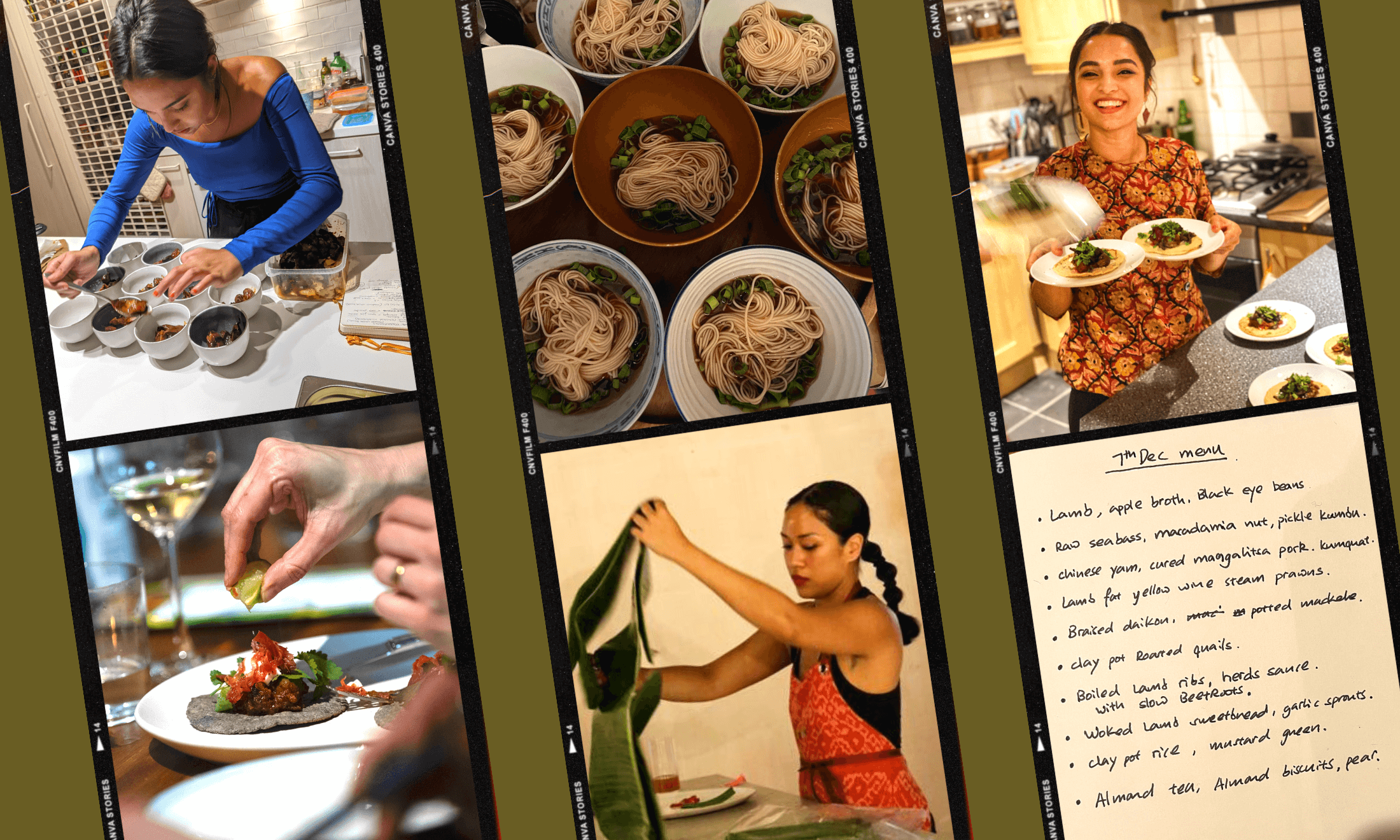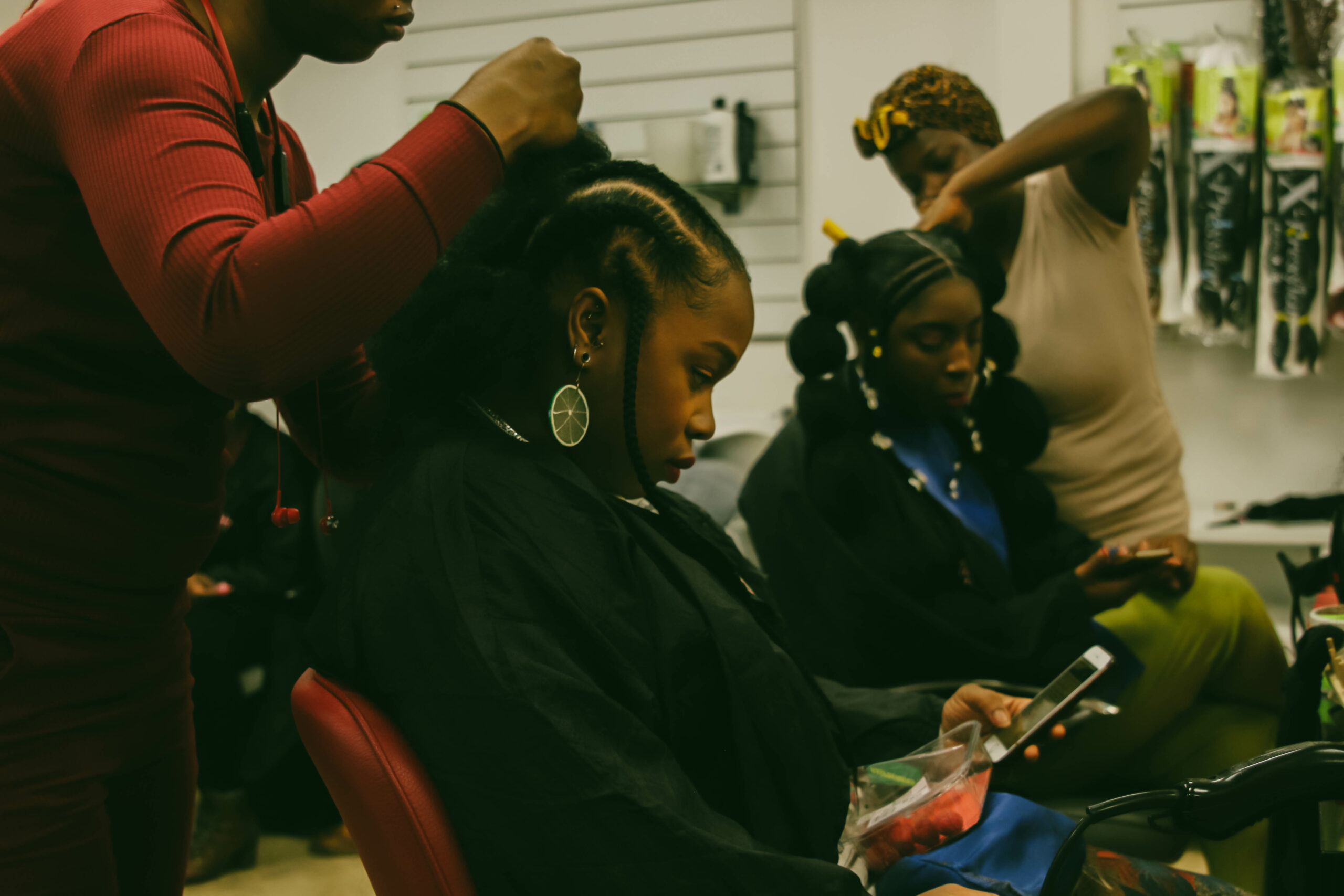
Photography by Yossy Akinsanya for gal-dem / Peckham Palms
Afro Answers: why I’m giving Black women the alternative styling experience they deserve
Our resident trichologist Ebuni Ajiduah explores how the salon can become a kinder place.
Ebuni Ajiduah
03 Jun 2022
For the last two years, I have been given the space to talk freely about afro hair at gal-dem. While there’s never been any personal backlash, I know some of the information I share often goes against the grain for what is perceived or expected of afro hair.
So, what makes me qualified to talk about it in this way and how can I be so sure of the methods I employ?
My journey to trichology was long but fairly straightforward. I was a self-taught stylist, went on to do an apprenticeship and studied hairdressing, but during that time I barely received any training on afro hair. When it was covered, teachers would ask me to lead the sessions and I’d always think, “I’m here to learn! Why am I teaching a class?”
Trichology gave me the chance to really understand the mechanisms of how hair works and the disorders associated with it, but again afro hair was hardly covered in teaching. I found myself questioning, “what would this look like on black skin? What would be the difference in afro hair?”
“Seeing the body as a whole helps remove the blame and shame of being a Black woman who is unsure of the best way to care for their hair”
While working in afro salons, I would often see women with severe hair loss at the edges or crown. The remedies we gave were hot oil treatments, under the steamer, and we’d tell them to come in more frequently and not go to just anyone as they were styling too tightly. But for the sheer volume of people with issues, it couldn’t be that they were all self-inflicted – styled too tight or using harsh chemicals like relaxers and perms.
I’ve been lucky to find a community of Black dermatologists, GPs, surgeons, chemists, hairdressers and researchers, and I’ve realised that hair is hair. Yes, there are some differences in structure and culture that have an impact, but afros can get damaged just like any other type – even when it is “self-inflicted”, an internal cause is likely making the damage much worse.
I’ve always tried to share this sentiment as a basis for my columns: we can do the best to maintain our hair but to be honest, if our bodies want to get rid of it, they will, regardless of what you do. If your edges are disappearing faster than the ice caps, yes be gentle with them, but also take a look at your health – the answer often lies there. Seeing the body as a whole helps remove the blame and shame of being a Black woman who is unsure of the best way to care for their hair.
Experiencing hair loss makes one extremely vulnerable, especially for Black women – we are judged rather than given enough grace and understanding that we are experiencing a medical condition. More Black women in the hair industry would give greater nuance to understand our hair practices and how they can be adapted to prevent harm, but also work with different treatments. Patients would get better care because symptoms could be recognised earlier, while more research could be done to prevent and come up with new options for people’s experience and hair loss. Ideas and practices should be shared top-down and sideways.
“I’m excited for Black children whose parents decided to arm themselves with knowledge and embrace their own hair”
From scientist to stylist, to product creators to chemist, we all have a part to play in recreating and re-imagining a future where Black girls do not have a traumatic experience in the salon. If we understand the implications of our practices then we can develop new traditions that are more gentle – that was the main aim of the most recent natural hair renaissance. I’m excited for Black children whose parents decided to arm themselves with knowledge and embrace their own hair and show that whatever their colour, structure or texture, it’s just as beautiful as anyone else’s.
Even I have never really enjoyed the salon experience. I expect too much, but I’m too timid to stop the stylist midway when I can already see a disaster is playing above eyebrows. This experience is not unique, and I’m dedicated to creating an environment for Black women that is seeped in kindness, consideration and the sensitivity to any hair concerns.
So this is going to be my last column for a while, as I’m setting up my own salon, the first of many locations opening this summer in south London. I’ll be spreading the hair gospel and giving Black women an alternative styling experience they desperately deserve.
The name of the salon is Untype – because we need to move away from all of the limitations we have been told about our hair. Whether that is restrictive hair typing, floating porosity tests and basically anything else I’ve ever written a column about. Our relationship with hair needs a do over and I can’t wait to share this experience with more of you.
Ultimately, we need more black trichologists in this space. Having someone who can help you navigate the system when we are often not believed, told we are too aggressive, all-out ignored or thought to be exaggerating issues, can be the difference between someone seeking help or suffering alone. Being able to explain to my clients what to expect from their doctors, dermatologists and how experiences of my other clients have varied can help women to feel more comfortable navigating a system that is designed against us.
You can be a part of the journey and help shape the salon – find us on socials at @untypeyourhair.
Like what you’re reading? Our groundbreaking journalism relies on the crucial support of a community of gal-dem members. We would not be able to continue to hold truth to power in this industry without them, and you can support us from £5 per month – less than a weekly coffee.


